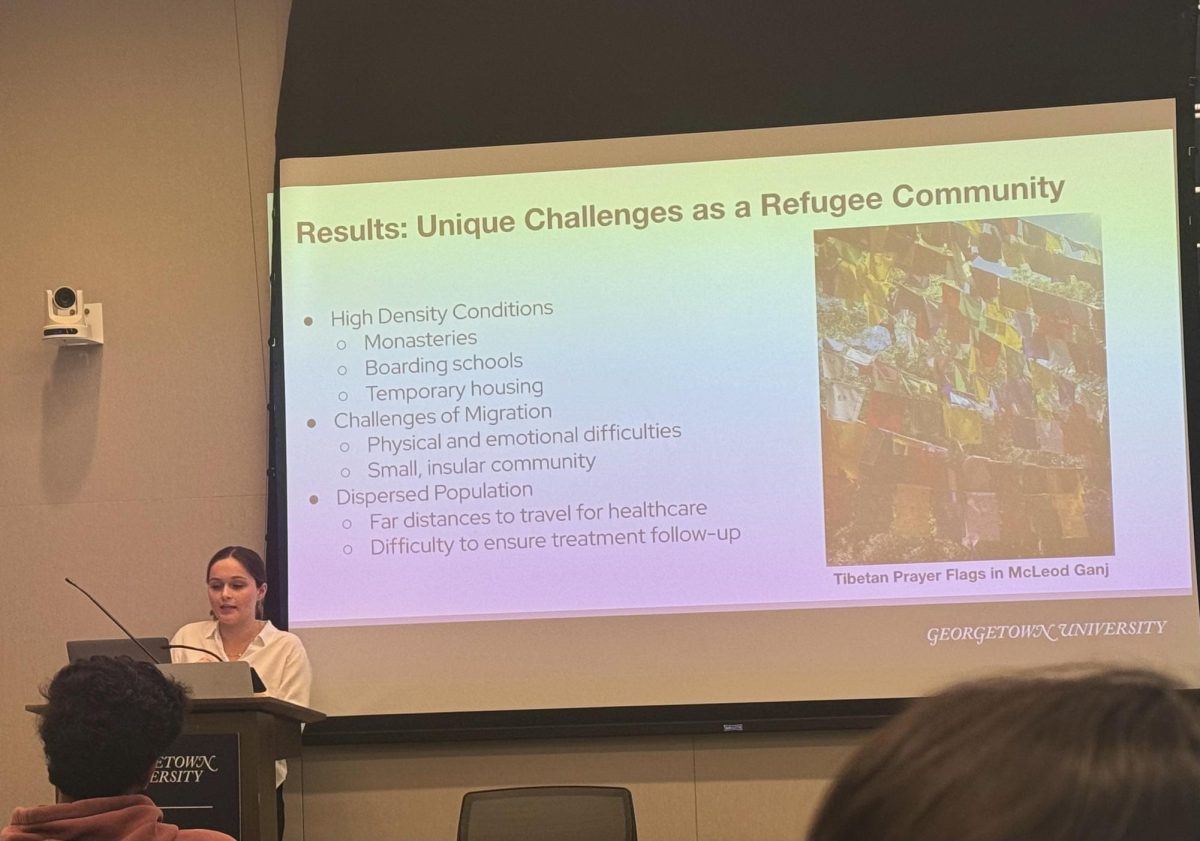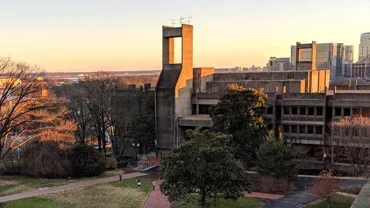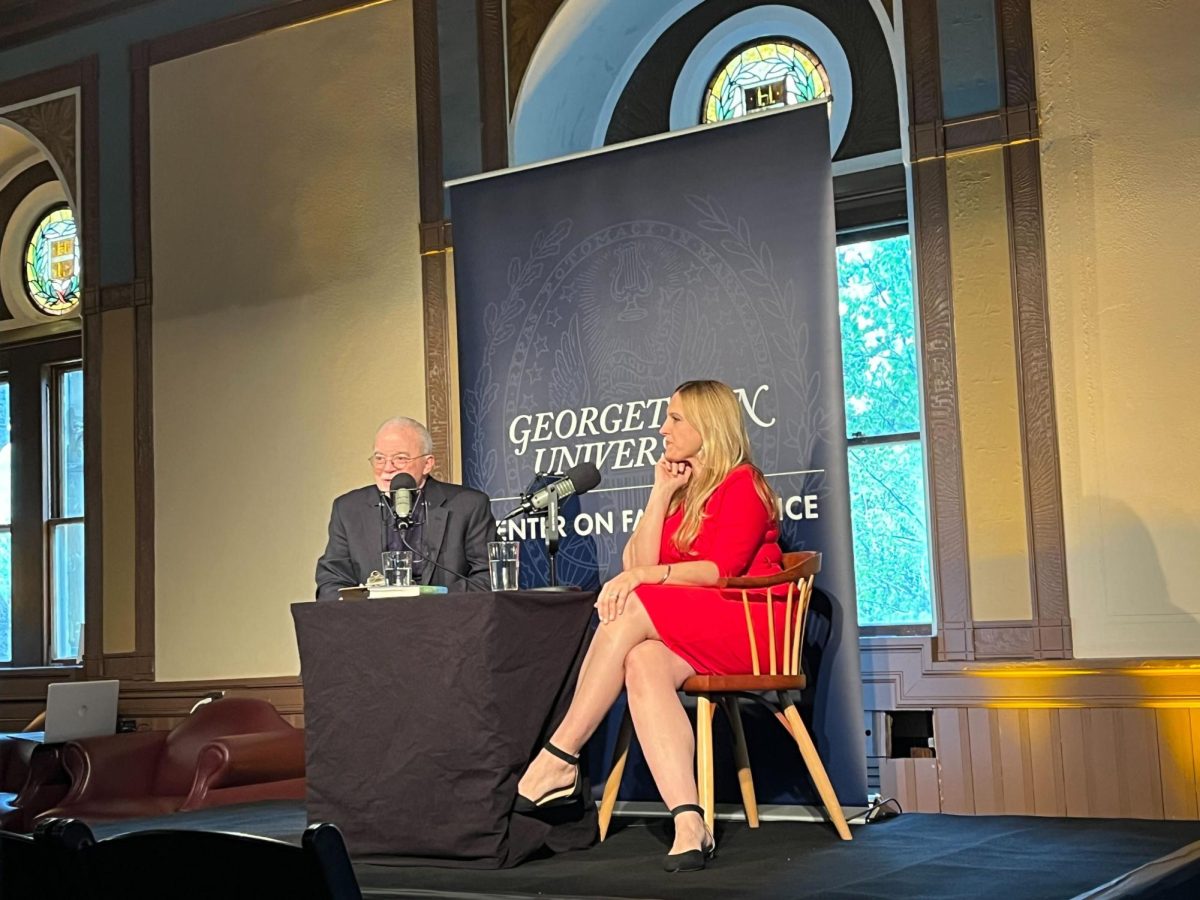A study by Todd Wyatt, a doctoral student at George Mason University, has found that the “work hard, play hard” attitude of students at many elite universities negatively affects their GPAs.
The study indicates that drinking is equivalent only to time spent studying as the most significant predictor of students’ GPAs, demonstrating a greater effect than working, social networking, watching television and even attending classes.
The study also showed that students who drink and also participate in other volunteer or extracurricular activities are less likely to experience negative consequences from drinking, possibly because they make more calculated choices about alcohol.
Patrick Kilcarr, Director of Georgetown University’s Center for Personal Development, says that students on the Hilltop drink primarily to combat stress. While Hoyas are very invested in their academics, this mentality does not always translate into their social activities, according to Kilcarr.
“Alcohol use is related to the mechanisms [students] use to de-stress, which for some result in hangovers, lost next days and other very real social and personal consequences,” Kilcarr wrote in an email.
Kilcarr said that many of the students at Georgetown regard “work hard, play hard” as a motto that enables students to reward themselves for the work they do during the school week with alcohol on the weekends.
“I do think this motto drives many of our students and after a week or so of working extremely hard, they give themselves permission to completely cut loose,” Kilcarr wrote in an email. “The problem associated with this is the remarkable common sense that guides their behavior through the majority of their life is suspended for a period of time in order to relax and have fun.”
Drinking can be tied to an unhealthy social environment based on alcohol, according to Kilcarr.
“This may be suggestive of alcohol being the real social lubricant as opposed to a group of people coming together to enjoy each other’s company, and alcohol happens to be part of the broader social experience.”
Kilcarr said he has heard many students say that they would like to attend parties at which drinking is less of a focus.
Kilcarr sees hundreds of students a year at Georgetown and admires the courage of those who recognize their negative relationships with alcohol and want to make a change.
Kilcarr also stressed the amount of attention Georgetown gives to making sure students have a rich, safe college experience, through programs such as AlcoholEdu and the Engelhard program.
Amanda Applebaum (MSB ’13), however, believes that drinking on Georgetown’s campus doesn’t seem to have a detrimental effect on academics.
“As a student it seems that Georgetown is making a very strong effort to curb the amount of drinking on campus but I think [drinking] is an inevitable part of every campus life. It occurs on nearly every campus but, from what I see, Georgetown students are better able to manage their school work and social activities so that it doesn’t really impede on academics as much,” Applebaum said.




















